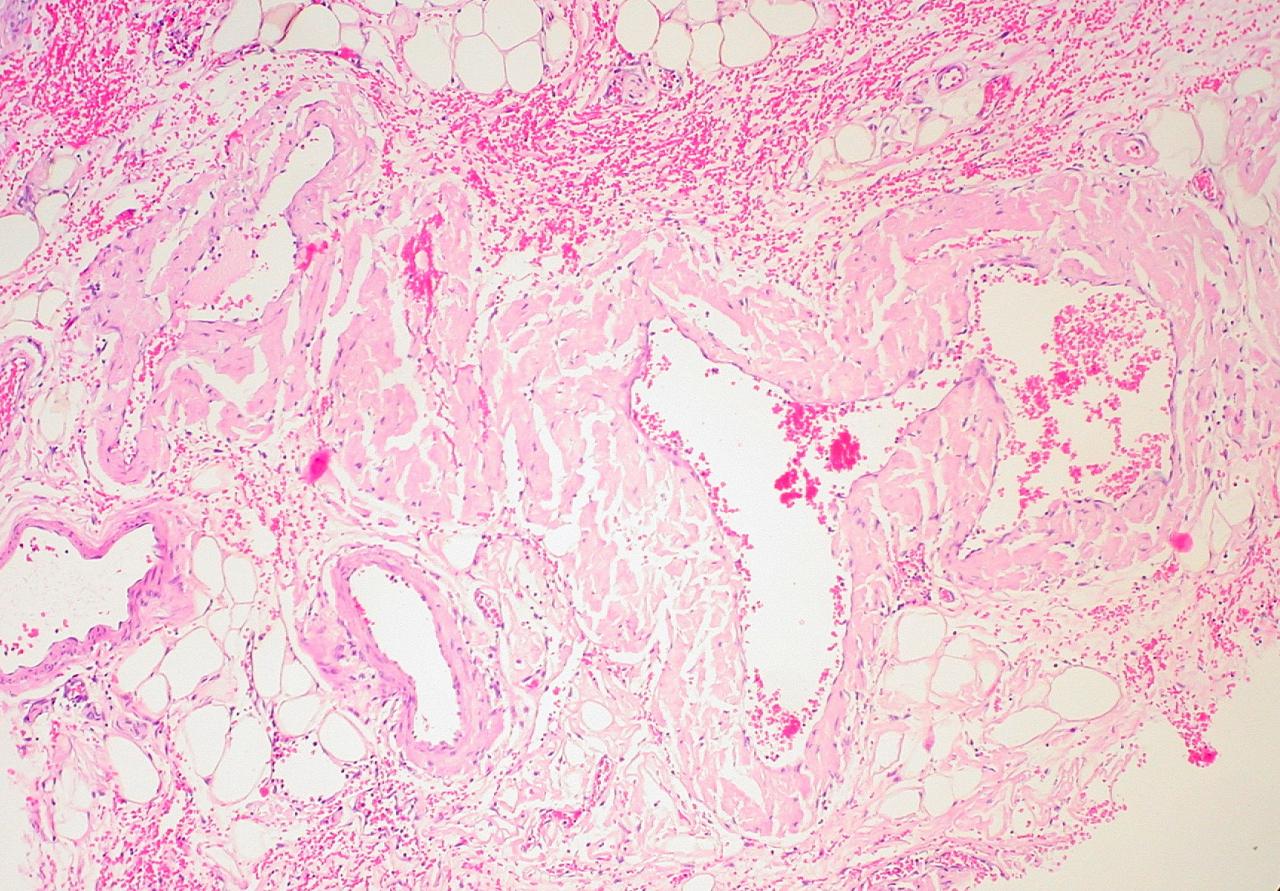Have you ever walked into a room and forgotten why you were there? Maybe forgot a word that was on the tip of your tongue? Gone to introduce someone but couldn’t remember their name?
Many women secretly hold the fear at some point in their life they are developing dementia when these scenarios occur. Those with a family history of Alzheimer’s are particularly concerned. But what exactly is dementia?
Most define "dementia" as an abnormal loss of cognitive ability for at least six months, not related to the aging process. This means those people have problems with their learning, memory, attention, speech, and critical thinking often for at least six months.
Dementia is actually a collection of signs and symptoms as a result of a disease process such as a brain injury or Alzheimer’s, and is typically thought of in those 65 years and older. Otherwise it’s known as early-onset dementia. Mood is often affected with many experiencing depression, anxiety, agitation and/or aggression as well.
There are several common reasons for dementia such as: brain injury (for example, accident, sports, military), stroke, brain infection (such as meningitis), brain tumor, severe seizures, excessive chronic alcohol or drug use, Alzheimer’s, undiagnosed hypothyroidism, deficiency in vitamin B12/folic acid/niacin (B3), Lyme’s disease, and Creutzfeldt-Jakob disease (better known as mad cow disease).
Diagnosis takes a bit of detective work. First cognitive testing is done that includes questions pertaining to cognitive function. Memory/recall, language, repetition, critical thinking, and orientation to the day/time are challenged.
Next, the common nutritional and thyroid deficiencies are ruled out with blood tests. Then imaging may be ordered especially if it is believed to be due to reasons such as stroke, infection, tumor, or neurological disease. Many times a referral to a neurologist or gerontologist may be needed.
It is really important if you or your family members/caregivers suspect a problem not to chalk it up to the aging process because some dementia, such as vitamin and thyroid problems, is very treatable. There are some medication options as well that may be of benefit in slowing the symptoms.
Unfortunately, dementia may be difficult to diagnose in the familiar where people can adapt in order to get through their lives. Sometimes it takes big change such as travel or a hospital stay to put people out of their element for the symptoms to really shine through. If you suspect someone you love has dementia, don’t wait to have them evaluated.
References:
1) MDGuidelines Dementia. Web, 1 Sept, 2011.
http://www.mdguidelines.com/dementia/definition
2) Current Alcohol Consumption and Its Relationship to Incident Dementia. Web, 24 Aug, 2011.
http://www.medscape.com/viewarticle/745044
3) Rapid Appraisal of Barriers to the Diagnosis and Management of Patients with Dementia in Primary Care: A Systematic Review. Web, 24 Aug, 2011.
http://www.medscape.com/viewarticle/727714
Reviewed September 2, 2011
by Michele Blacksberg R.N.
Edited by Jody Smith





Add a CommentComments
There are no comments yet. Be the first one and get the conversation started!